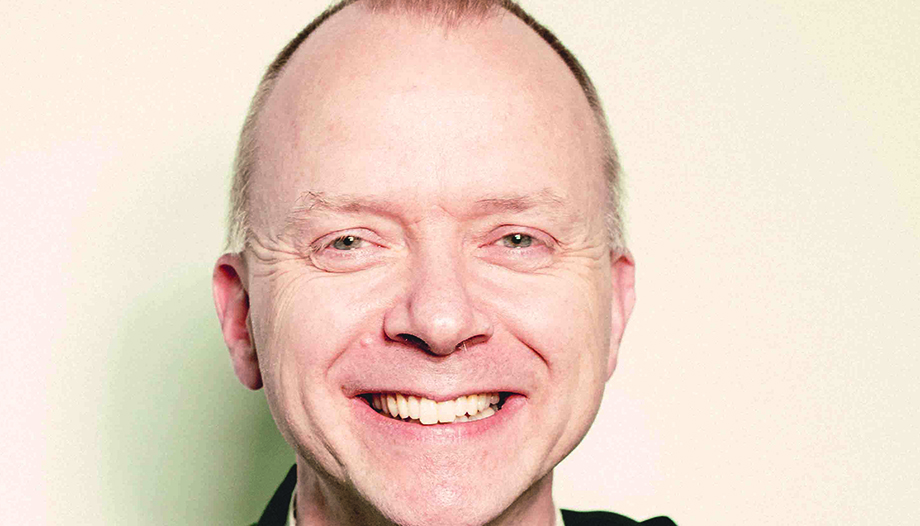Erik Varden is a Cistercian monk and Bishop of Trondheim (Norway). Coming from a family of Protestant tradition, his childhood and youth were marked by an absence of faith. However, it was through music, specifically Mahler's Symphony No. 2, Symphony of the Resurrection, that his yearning for transcendence took shape in a search for answers: "I felt a great vulnerability that carried within it a kind of consolation, and that set me on the path to seek that consolation, which I gradually discovered was not something abstract but a concrete person, with a name and a face," Varden commented in Madrid Meeting.
Bishop Varden was one of the main speakers at this event, which was born in 2003 from the Christian experience of people linked to the Catholic movement of Communion and Liberationand that in its twentieth edition has also counted with the presence of the neuropsychiatrist Mariolina Ceriotti, Rodrigo Guerra LópezSecretary of the Pontifical Commission for Latin America, and the poets Pablo Luque and Juan Meseguer. Under the theme "A friendship that weaves history", participants and speakers reflected for three days on experiences of friendship, the surprise of humanity and the search for the good.
Bishop Varden spoke with Omnes about his conversion story and, especially, the attitude of the Catholic in a secularized and cold world with respect to the faith.
How was your process of conversion and approach to the Catholic Church?
-I was baptized in the Lutheran Church, but my family was not very practicing. My awakening to the faith began with an intimate experience through music, when I was fifteen years old. I came to know the Catholic Church first through literature (as a teenager I was deeply moved by Narcissus and Goldmund, the characters in Hermann Hesse's novel of the same name) and liturgical music - Mozart's masses and Gregorian chant - and then through the study and witness of Catholic friends.
Do you see a growth of Catholicism in Norway?
-There is a discrete growth, mainly through immigration, but also through conversions. Converts do not necessarily come from other denominations; many come from a context of not having had any faith.
His latest book deals with the subject of chastityWhat do you think you can bring to the world today?
-Throughout the West, we live in a cultural climate that is perplexed by issues of sexuality. We have learned a great deal about this important subject, and we have grown from what we have learned. But the shedding of some complexes has led to the generation of others. There is a tendency to isolate sexuality from other dimensions of our personality. Many experience this part of themselves as conflicted, fragmented: we can think, for example, of the huge number of men and women who suffer from pornography addiction. This is where a re-acquisition of the vocabulary of chastity can be helpful. Chastity properly understood does not mean the denial of sex, but its orderly orientation through integration. To be chaste is to be whole, and who does not want to be and feel more integrated?
In the first chapter, you mention that art also heals and restores, through the effect of catharsis. Do you believe that art can bring us closer to God?
-I know from experience that art can play a crucial role in evangelization, that is, in awakening hope. Being able to present the faith in an analytical way is necessary; but art - be it music, painting or literature - can open up a further dimension, speak mysteriously of the ineffable. Incidentally, this is an important aspect of the work of my compatriot Jon Fosse, winner of this year's Nobel Prize for Literature. A convert to Catholicism, he uses his art to expose the mystery of faith, to the point that some commentators have described him as a mystical writer.
In today's world, where Christian doctrine seems to offend in many areas, how can truth and charity be combined in an effective way?
-Always speaking the truth in charity, and exercising charity in truth. Our effort to present the faith must be marked by charity, bearing witness to the grace we have received. Otherwise, it will have no credibility. No truly edifying word has ever been uttered with contempt.













